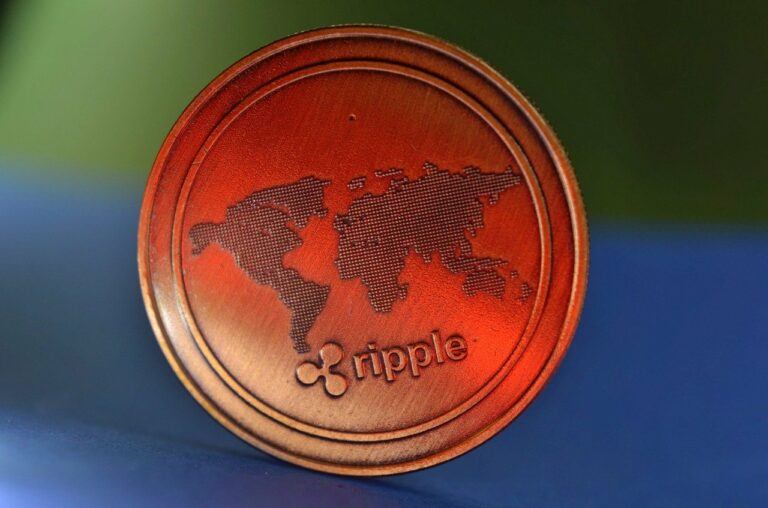According to an article published by CNBC yesterday, Ripple is optimistic that its recent partial legal victory will stimulate interest from US banks and financial institutions in adopting its cryptocurrency, XRP, for cross-border transactions. This optimism stems from a landmark ruling that determined XRP is not inherently a security.
To recap, the lawsuit initiated by the SEC in December 2020 alleged that Ripple Labs and its executives Bradley Garlinghouse and Christian A. Larsen unlawfully offered and sold securities, contravening Section 5 of the Securities Act of 1933. After a series of hearings and deliberations, Judge Analisa Torres, a district judge at the United States District Court for the Southern District of New York, gave her ruling on July 13, 2023.
Here is what Judge Torres said about the XRP token:
“XRP, as a digital token, is not in and of itself a “contract, transaction[,] or scheme” that embodies the Howey requirements of an investment contract.“
Per CNBC’s article, Ripple anticipates initiating discussions with American financial firms about employing its On-Demand Liquidity (ODL) product, which utilizes XRP as a bridge currency for cross-border payments, in the third quarter.
CNBC says that the legal dispute has had a detrimental impact on Ripple’s business, leading to the loss of at least one customer and investor. MoneyGram, the US money transfer giant, terminated its partnership with Ripple in March 2021. Additionally, UK-based investor Tetragon, which had previously backed Ripple, sold its stake back to Ripple after an unsuccessful lawsuit to redeem its cash, according to CNBC.
When asked if the ruling implies that American banks would revert to using Ripple’s ODL product, Stuart Alderoty, Ripple’s Chief Legal Officer, responded affirmatively in an interview with CNBC. He expressed hope that the decision would reassure financial institutions and potential customers, encouraging them to explore how Ripple’s solutions could address their business challenges, particularly those related to cross-border value transfers and associated high fees.
Ripple currently conducts most of its business outside the US, despite having a significant number of employees based in the country. The company employs over 900 people globally, with approximately half of them located in the US.
However, the ruling was not a complete victory for Ripple. While the judge stated that XRP was not a security, they also ruled that some sales of the token did qualify as securities transactions. For instance, about $728.9 million of XRP sales to institutions that the company worked with were classified as securities, as there was a common enterprise expectation of profit, as reported by CNBC.
Alderoty acknowledged that the ruling was not a total win for Ripple and stated that the company would analyze the decision to understand its implications for their business. He noted that Ripple’s current business would not be affected by this aspect of the ruling, as most of its customers are located outside the US:
“She [Judge Analisa Torres] found — although we had disagreed with her — that our earlier sales directly to institutional buyers had the attributes of a security and should have been registered …
“We’ll study the the judge’s decision, we’ll look at our clients’ needs to look at the market, and see if there’s a situation here that complies with the four corners of what the judge found when it comes to institutions.“
Featured Image Credit: Photo / illustration by vjkombajn via Pixabay
Source: Read Full Article
